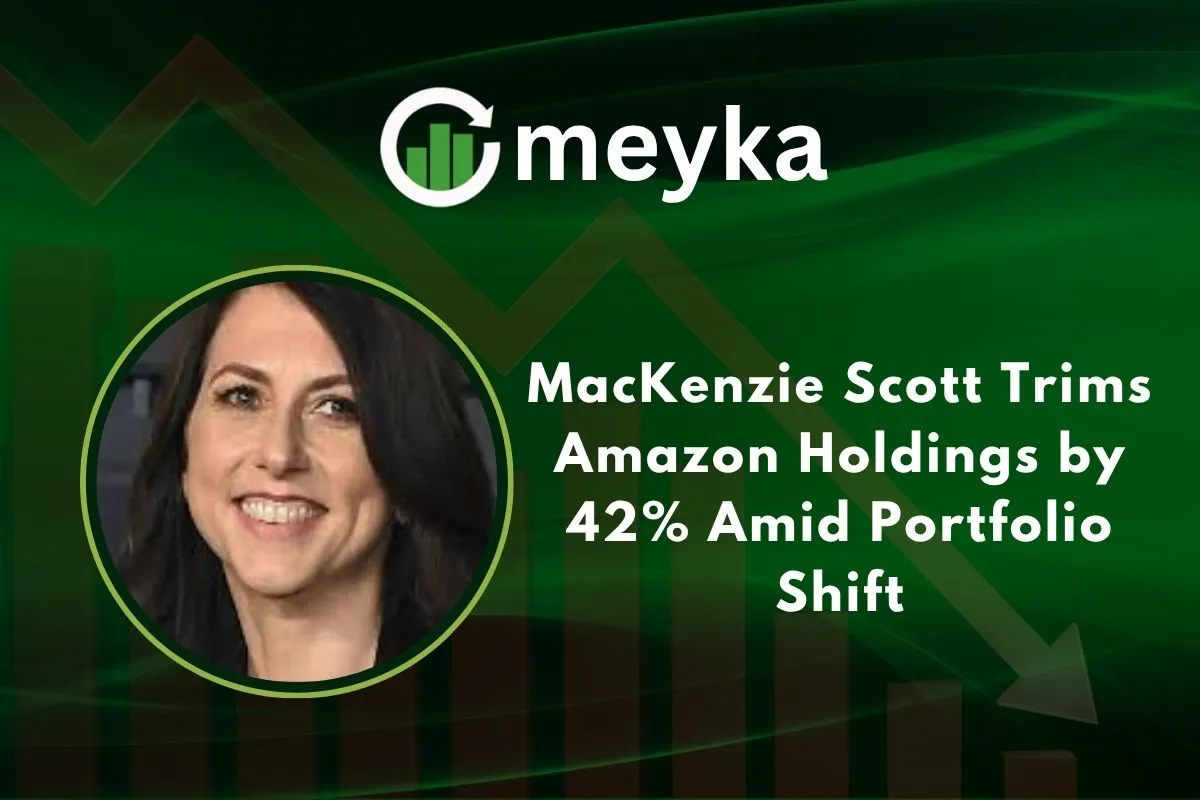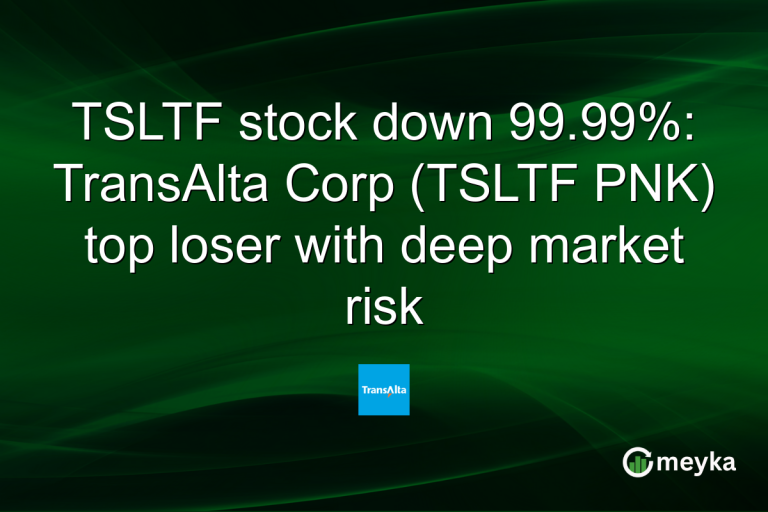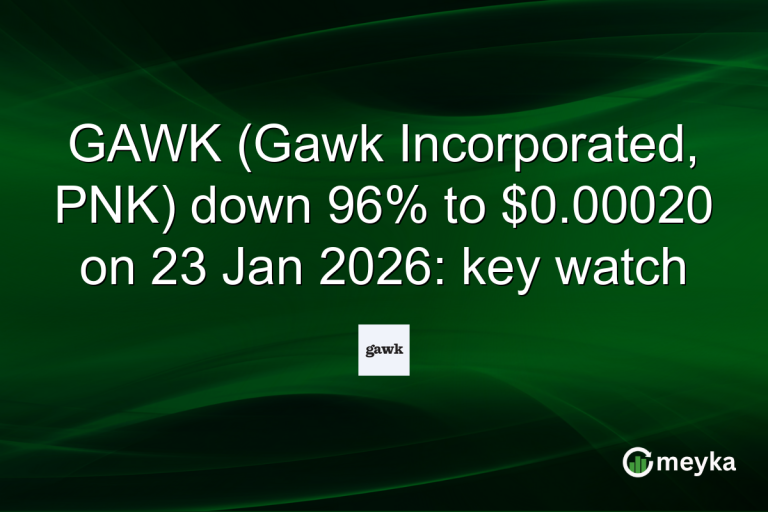MacKenzie Scott Trims Amazon Holdings by 42% Amid Portfolio Shift
MacKenzie Scott has reduced her Amazon holdings by about 42% over the past year. The move has rings beyond markets. It matters for philanthropy and for how wealthy people manage big holdings.
A quick refresher on who MacKenzie Scott is
MacKenzie Scott is a novelist and one of the most active philanthropists today. She became a major Amazon shareholder after her 2019 divorce from Jeff Bezos. Since then, she has given away large sums to thousands of nonprofits. Her style of trust-based, large-scale gifts changed how many foundations and charities think about funding.
What the new filing shows: numbers that matter
A recent regulatory filing dated September 30 shows Scott now holds about 81.1 million Amazon shares. That is 58 million fewer shares than a year earlier. The decline equals roughly 42% of her previous stake, and at recent prices, the reduction is worth about $12.5–$12.6 billion. Those are the headline facts investors noticed first.
How the sale fits Scott’s pattern
This is not the first time Scott pared her Amazon holdings. She trimmed shares in prior years too. Each time she reduced stock, observers asked whether she was cashing out or redirecting funds to her gifts. The recent cut is larger than earlier rounds and stands out because of its scale and timing.
Why Scott might be trimming: three practical reasons
- Diversification. Holding a large single-stock position is risky. Selling shares spreads risk and frees capital to buy other assets.
- Funding philanthropy. Scott gives huge unrestricted grants. Selling stock increases the cash or liquid resources she can deploy quickly.
- Tax and estate planning. Large sales can be part of long-term tax or trust strategies. These moves often reflect broader wealth-management goals, not short-term confidence about a company.
Philanthropy: where the money could flow
We from our team expect at least some proceeds to support Scott’s giving. She has donated billions already. Reports show her total giving has crossed the tens-of-billions mark in recent years. Her method tends to favor direct, big gifts to groups led by people from the communities they serve. That approach is low-bureaucracy and high-trust. If she converts shares to cash, nonprofits may see another big round of grants.
Market reaction and what investors say
The market did not treat this sale as a sign that Amazon is in immediate trouble. Large shareholders sell for many reasons. Analysts note that Jeff Bezos still controls a much larger block of Amazon stock and voting power. So Scott’s sale is significant for scale and headline value, but it does not change corporate control. In short, the sale is notable, but not a boardroom earthquake.
What this tells us about billionaire wealth trends
Scott’s move fits a wider pattern. Over the past few years, several founders and major shareholders have sold stakes to diversify or to fund other plans. Today’s super-wealthy balance public equity, private deals, and large philanthropic commitments. That reshapes how capital flows from tech wealth into public markets and nonprofit work.
The balance between giving and investing
MacKenzie Scott’s public image centers on giving. But selling big blocks of stock is also a financial choice. It gives liquidity to invest in other assets or to donate on a timeline she controls. Her actions highlight a simple truth: major philanthropy and active portfolio management often go hand in hand.
What to watch next
- SEC filings: Watch future 13F and other filings for shifts in her holdings.
- Gift announcements: Scott sometimes posts short notes when she gives. New donations could follow a large stock sale.
- Market moves: While the sale itself is big, broader Amazon performance will depend on earnings, cloud growth, ad revenue, and macro factors.
Conclusion
MacKenzie Scott cutting her Amazon stake by 42% is a big news story. It is financial news. It is also a philanthropic story. For charities, it signals possible fresh funding. For markets, it shows a wealthy individual shifting risk and liquidity. For the public, it is another chapter in how modern philanthropy works when mixed with giant tech fortunes. We will keep an eye on filings and grant announcements to see how this change plays out.
FAQS:
Yes, MacKenzie Scott still owns Amazon shares. She sold a large part of her stake, but she keeps a remaining portion. She no longer plays any role in company decisions.
MacKenzie Scott donates because she believes wealth should help others. She wants to support education, equality, and community programs. Giving away money is part of her long-term pledge.
Jeff Bezos is the biggest investor in Amazon. He founded the company and kept a large share. Other investors own smaller parts compared to his original stake.
Disclaimer:
This content is for informational purposes only and is not financial advice. Always conduct your research.






